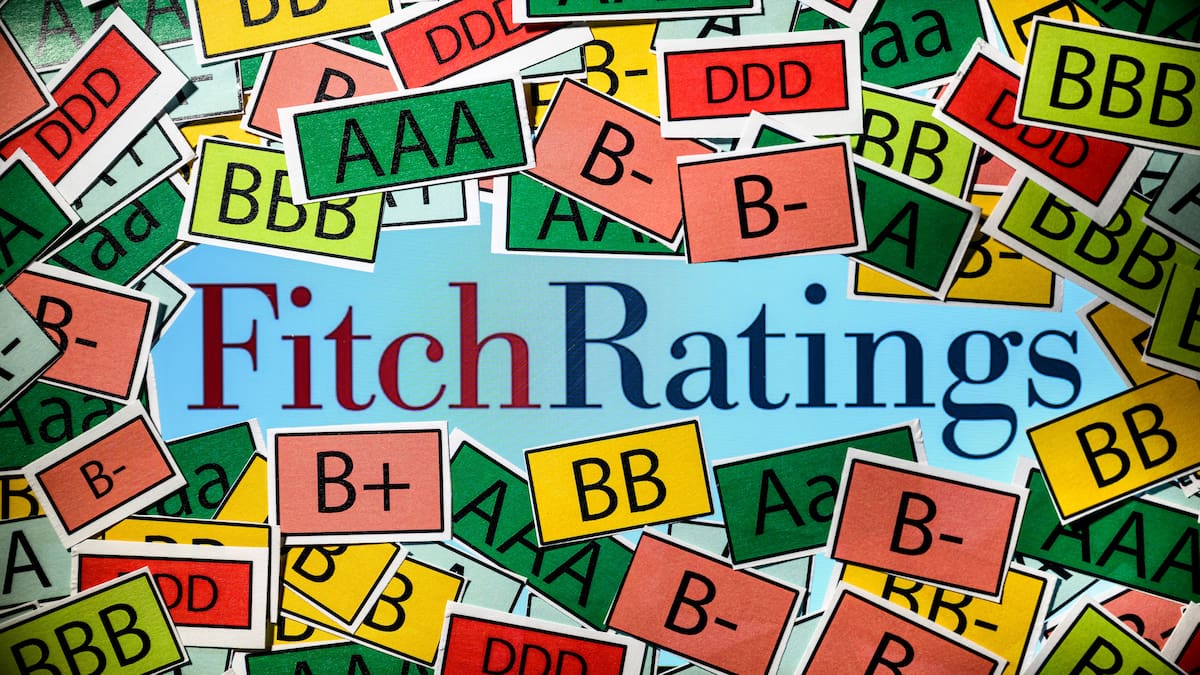“I have decided to withdraw the suppression of the two public holidays,” Lecornu said, calling for renewed dialogue with social partners to find other ways of financing the 2026 Budget.
Asked if he would consider implementing the so-called Zucman tax on the ultra-rich – a proposal rejected by the previous administration – he said only that he was willing to work on the “issue of tax justice”.
France’s employers federation, the Mouvement des entreprises de France (Medef) insisted it would mobilise against any tax increases on businesses in the new Budget.
‘Paying the price’
Bayrou resigned as Prime Minister on Tuesday (local time), having lost a parliamentary confidence vote the day before over an attempt to get an austerity budget adopted.
Reacting to the ratings announcement, Bayrou lamented that France was “a country whose ‘elites’ lead it to reject the truth [and] is condemned to pay the price”.
Pushing for major cuts to reduce the French deficit and debt, he had calculated that cutting two public holidays would have brought in €4.2 billion ($8.2b) to the 2026 Budget.
Far-right figurehead Marine Le Pen today called for a “break with Macronism”, denouncing the President’s policies as “toxic incompetence”.
Hard-left leader Jean-Luc Melenchon, who has demanded Macron’s impeachment, also called for “an end to Macronism and its policies harmful to France and its people”.
The outgoing Government’s Interior Minister Bruno Retailleau said the downgrade was a punishment “for decades of fiscal mismanagement” and “chronic instability”.
The downgrade will further complicate Lecornu’s task of drawing up a Budget for next year at the head of what will probably be a minority Government.
“The Government’s defeat in a confidence vote illustrates the increased fragmentation and polarisation of domestic politics,” Fitch noted.
It was unlikely the fiscal deficit would be cut to 3% of GDP by 2029, as the outgoing Government had wanted, it added.
Outgoing Economy Minister Eric Lombard, while taking note of Fitch’s decision, insisted on the “solidity” of the French economy.
Unclear horizon
A rating downgrade typically raises the risk premium investors demand of a Government to buy sovereign bonds – although some financial experts think the debt market has already priced in an expected downgrade for France.
On Tuesday (local time), the return on French 10-year government bonds rose to 3.47%, close to that of Italy, one of the Eurozone’s worst performers.
Rising yields would translate into higher costs for servicing France’s debt, which Bayrou warned was already at an “unbearable” level.
Since Macron’s allies in Parliament have no overall majority, they will likely have to make compromises that could undermine any drive to slash spending and raise taxes – with Lecornu’s job also potentially on the line.
France’s Budget deficit represented 5.8% of Gross Domestic Product (GDP) last year and its debt 113% of GDP.
This compares with Eurozone ceilings of 3% for the deficit and 60% for debt.
“Fitch projects debt to increase to 121% of GDP in 2027 from 113.2% in 2024, without a clear horizon for debt stabilisation in subsequent years,” the agency said.
“France’s rising public indebtedness constrains the capacity to respond to new shocks without further deterioration of public finances.”
France is still cautiously targeting economic growth this year. The Insee national statistics bureau said this week that GDP was projected to grow by 0.8% for 2025, 0.1 points more than the previous Government’s estimate.
Rival agency S&P Global is due to update its sovereign rating for France in November.
– Agence France-Presse
